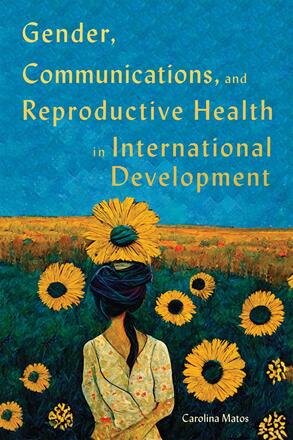
Gender, Communications, and Reproductive Health in International Development
How women and health NGOs use communications strategically to advocate for gender equality and reproductive health.
Description
To this day, women globally are subjected to forms of control over their bodies, and their ability to exercise their reproductive rights in particular is still constrained. Amid a rise of challenges to the advancement of women’s rights, including the recent overturning of Roe v. Wade in the United States, sexual and reproductive health rights are at the forefront of conversations about the advancement of gender equality.
To determine how communications are used strategically to shape policy, Carolina Matos explores fifty-two feminist and health NGOs from across the world and how they are improving discourse on sexuality and reproductive health in the public sphere. She investigates how these organizations are making use of communications amid various contemporary challenges, including the proliferation of misinformation about women’s rights and health in the public sphere due to the actions of oppositional far-right nationalist groups. Through original in-depth interviews within the NGOs and empirical research of the institutions’ online presences, Matos unpacks the complexities of the relationship between women’s health, communications, and development, contributing to the fields of development, health communications, and gender studies, and advancing the debate on the role of feminist NGOs in advocating for women’s rights.
With a postcolonial critique of the role of NGOs in development, Matos illuminates the strategic use of communications in the mediation and advocacy of gender equality and reproductive health.
Reviews
“This fascinating work combines intellectual traditions, with practical examples and critical empirical approaches. It is the first book, in a long time, that provides both a theoretical and empirical critique from a feminist perspective, of the field of communication for development. Carolina Matos exposes, using a range of research methods including critical discourse analysis, the problems, difficulties and challenges of the practices that characterise the work of NGOs, especially when they work towards the ‘emancipation of women’.” Linje Manyozo, RMIT University
“This book makes an important contribution to a range of areas, bringing together debates across gender and development, feminist theory and praxis in development, communication and media analysis, international development, sexual and reproductive health rights, and social justice. I strongly recommend this book for students, scholars and practitioners interested in the field.” Suzanne Clisby, Coventry University